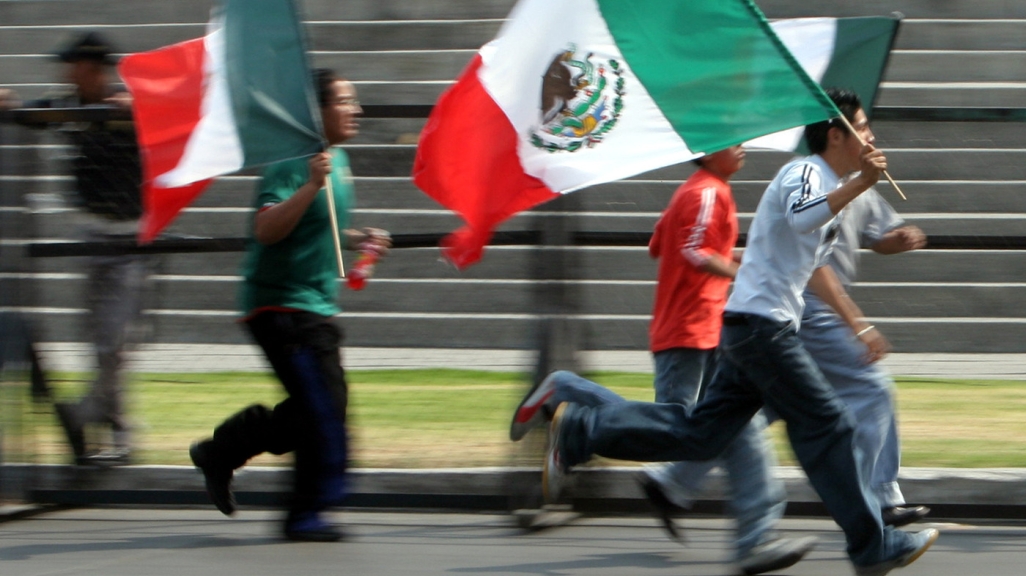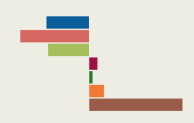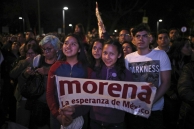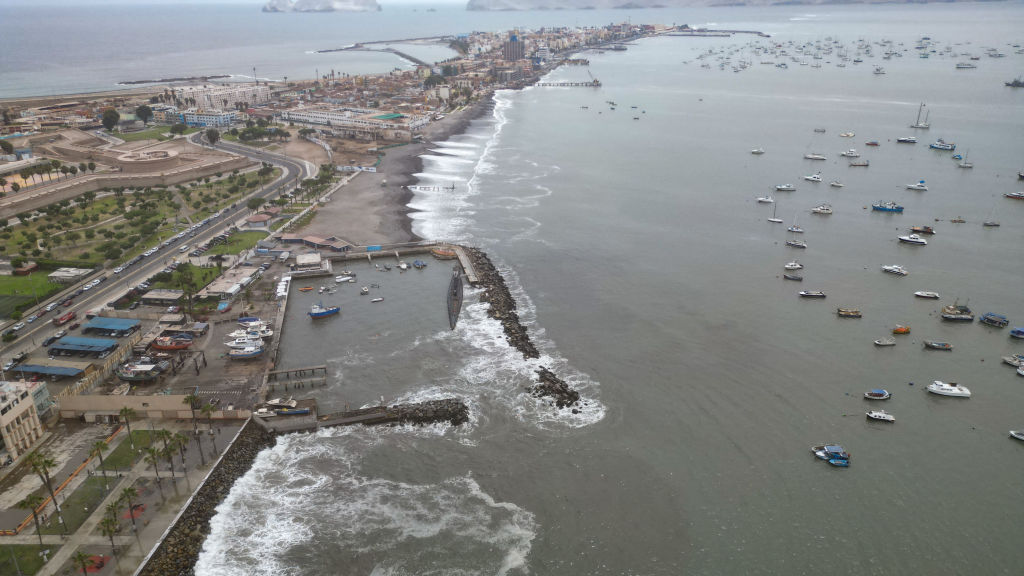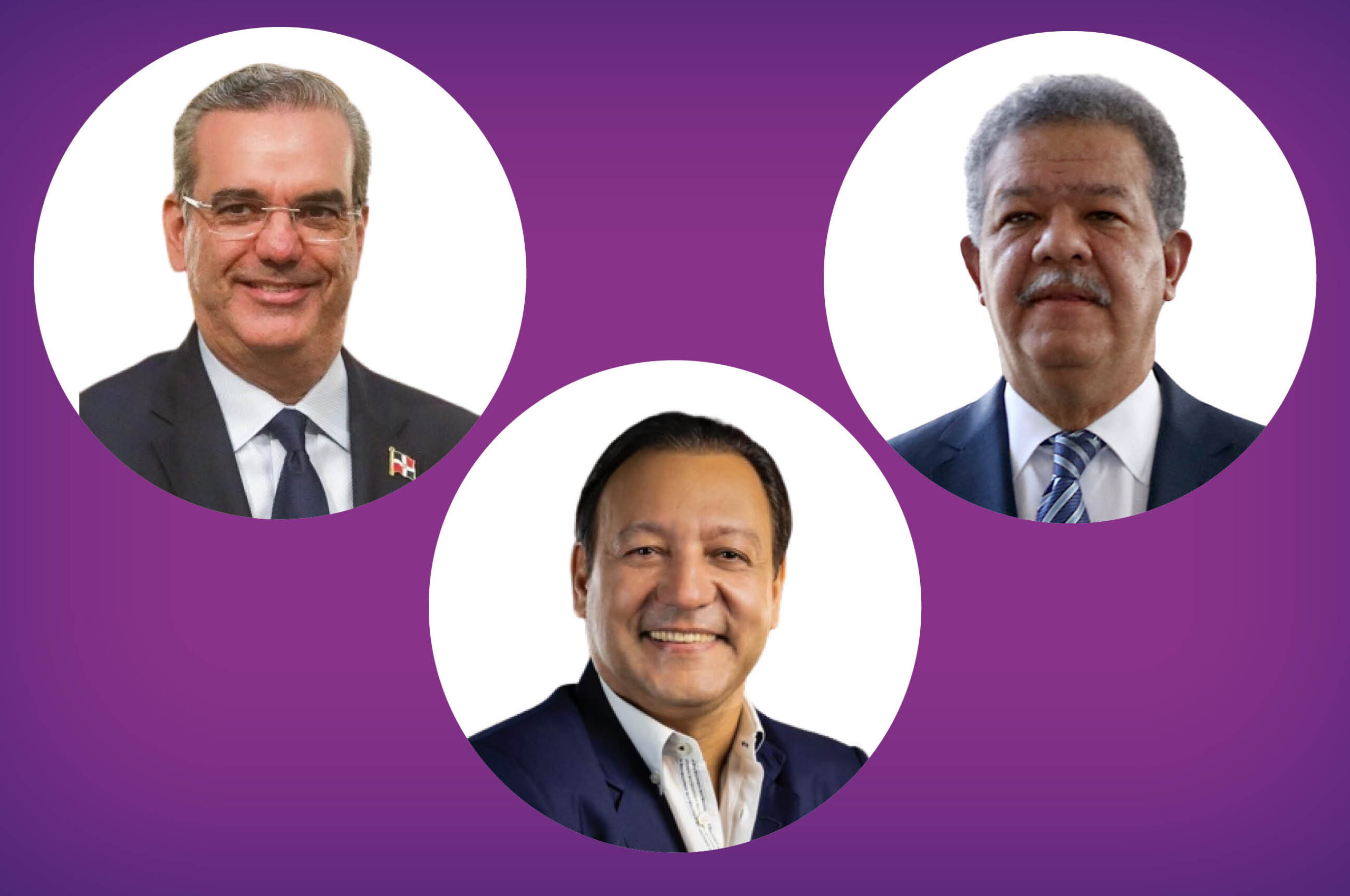Mexico Elects: Ongoing Coverage of the 2024 Vote
Mexico Elects: Ongoing Coverage of the 2024 Vote
With an eye to the June 2 elections, keep up to date on the race for president, legislature, governorships, and more.
Initial coverage was originally published on December 7, 2023. New content is regularly added.
With more than 20,000 posts up for grabs on June 2, Mexico’s 2024 general elections will reshape the country’s political landscape. But questions about potential outcomes abound.
Who will replace popular President Andrés Manuel López Obrador when he finishes his single, six-year term? Will his governing Morena coalition, which controls two-thirds of the governorships, expand its control at the state level? Will the main opposition parties’ efforts to join forces in the Frente Amplio por México coalition lead them to more victories? Will Morena’s Claudia Sheinbaum or the Frente’s Xóchitl Gálvez be the country’s first woman president? What role will Movimiento Ciudadano, a political party opting to go it alone, play in the outcome? And, with U.S. and Mexican presidential votes coinciding for the first time in 12 years, how will bilateral relations play out in a dual election year?
With ongoing updates, explainers, and poll tracking, AS/COA Online will provide the background to help answer these questions and others in this pivotal election cycle.
Two women, Claudia Sheinbaum and Xóchitl Gálvez, are competing for the presidency. See polls ahead of the June 2, 2024 election.
Pollster Lorena Becerra and political scientist Javier Aparicio explain the meteoric rise—and the 2024 electoral test—for President AMLO’s political party.
